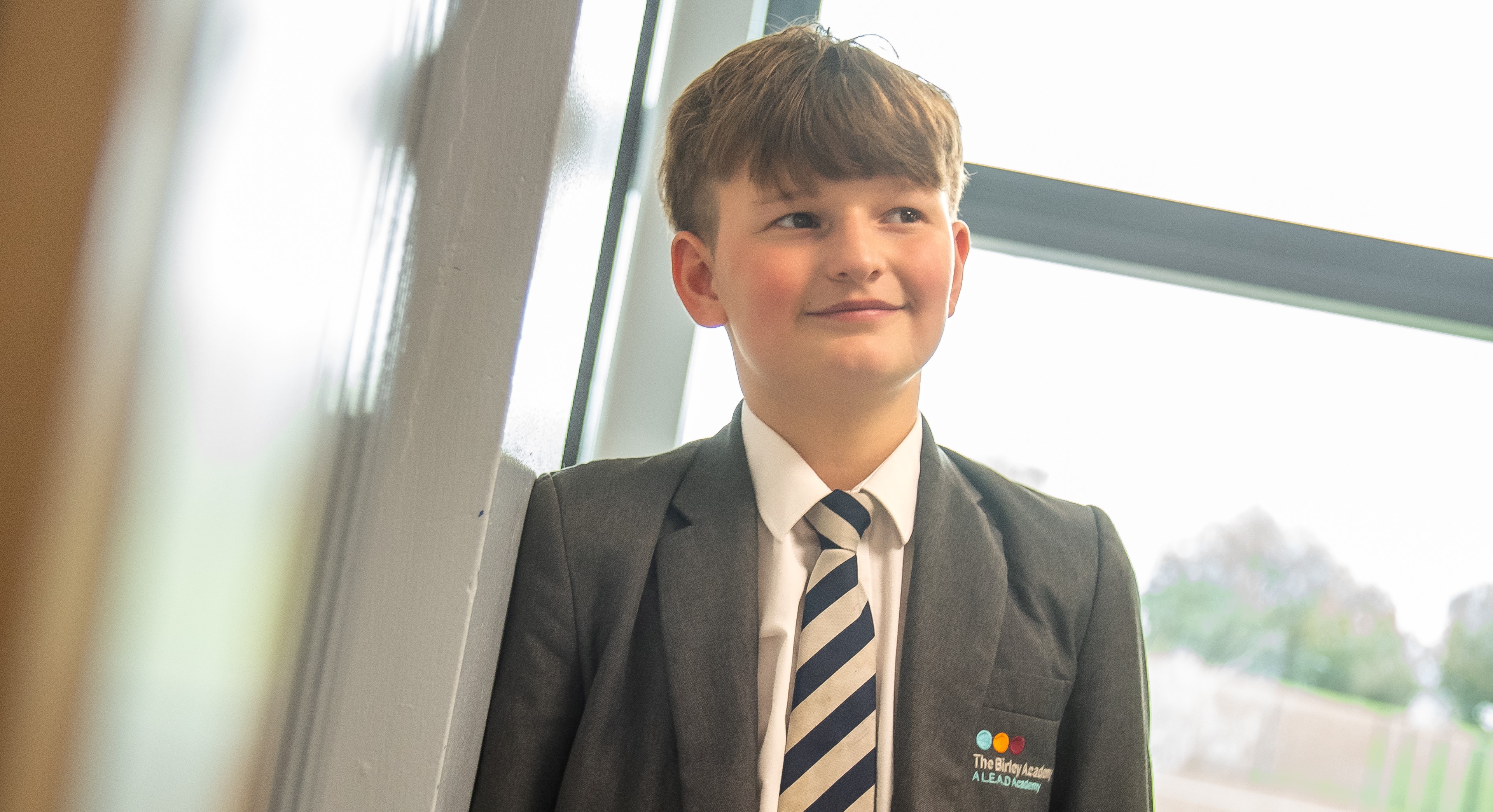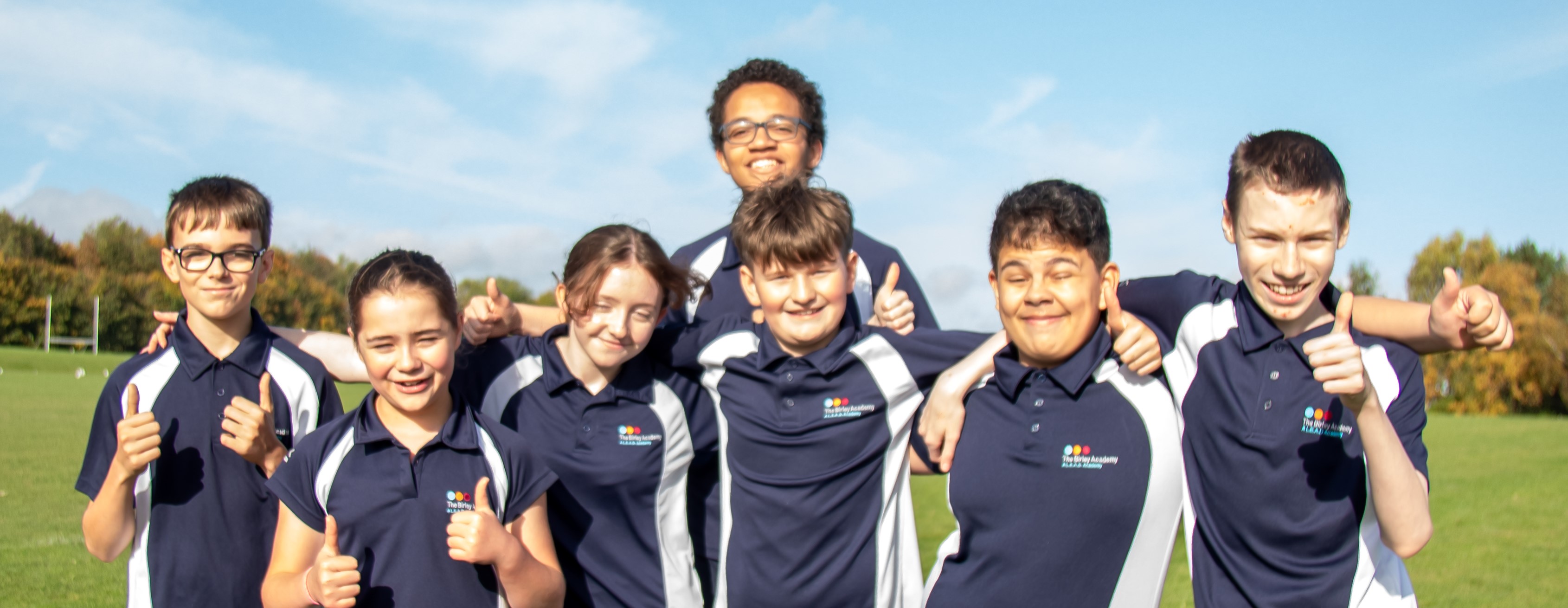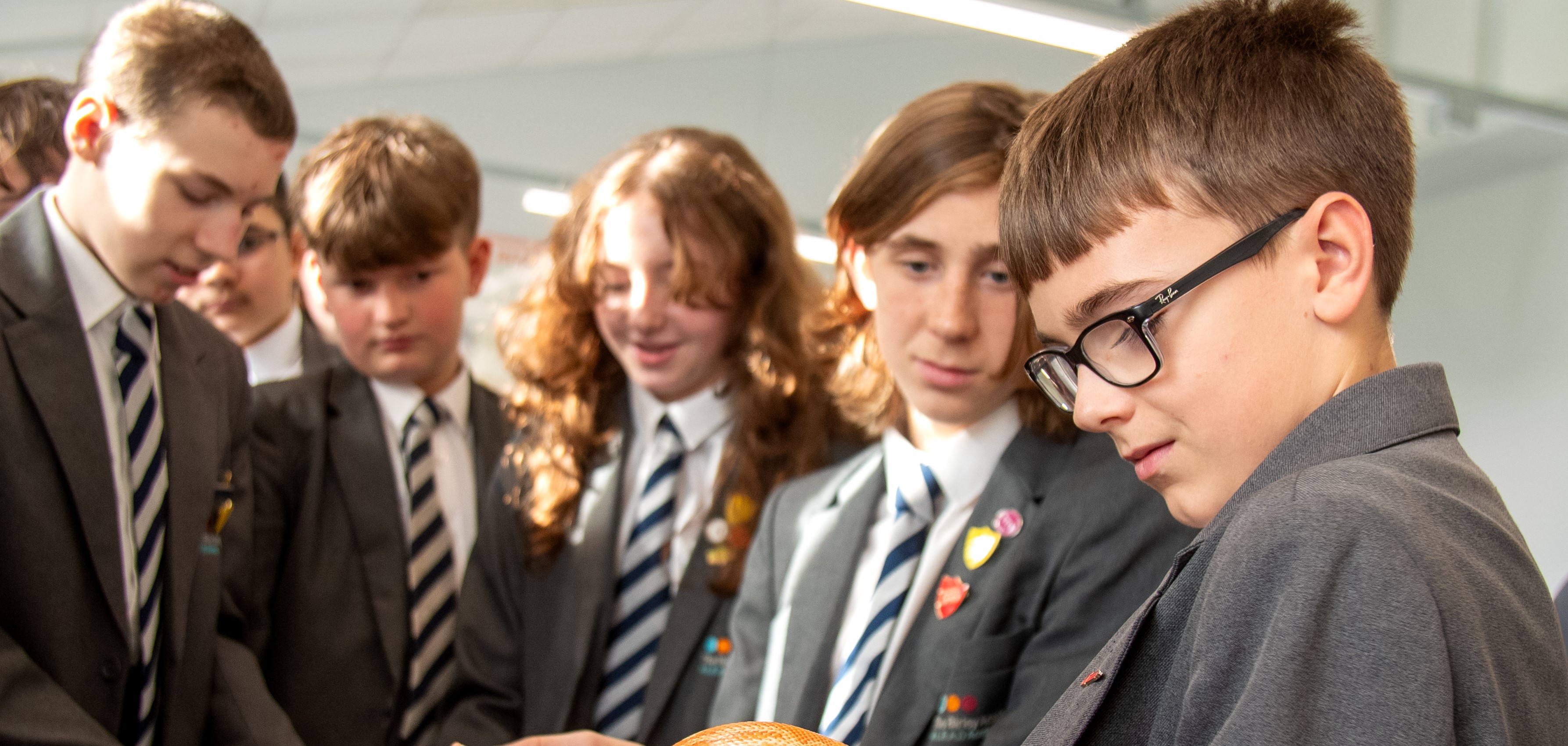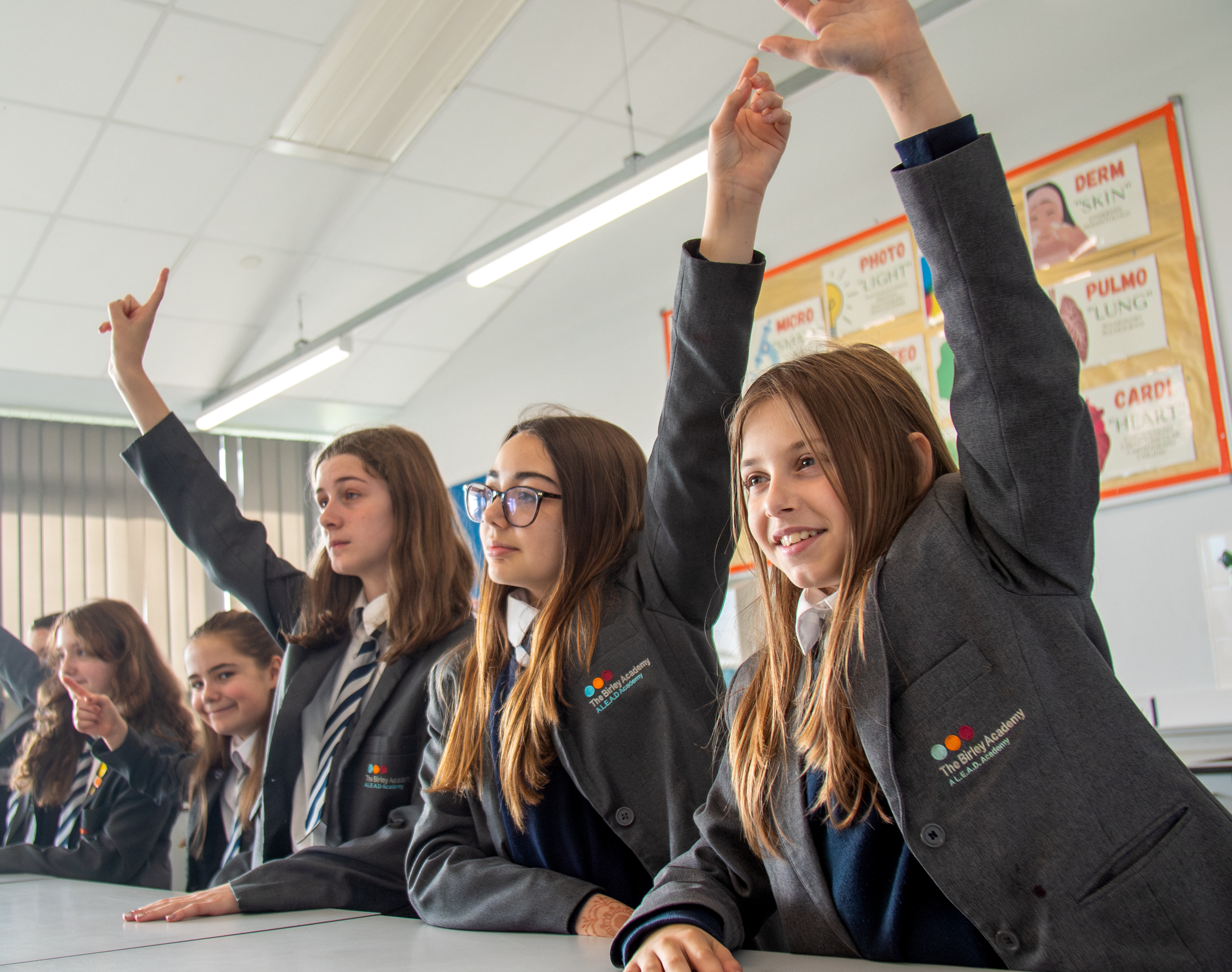
We are committed to delivering an ambitious, and engaging curriculum. One that helps pupils to think critically, solve problems and achieve high academic standards (to ACHIEVE). Dedicated teachers help inspire a love of learning, carefully nurturing pupils’ intellectual curiosity. This is so they can build a deep understanding of the world and apply their learning to new situations they encounter.

We believe that education extends well beyond the classroom. Our curriculum helps promote pupils’ personal development by emphasising not only academic achievements but also the importance of physical and mental health, resilience, and understanding and respecting equality, diversity and ethical values.

Our curriculum places a strong emphasis on character education. Instilling in pupils the values of integrity, empathy, resilience, and a commitment to social justice. Through our work, we strive to nurture responsible global citizens who are compassionate, ethical, and culturally aware (to EMPOWER).

We believe in recognising and celebrating the unique strengths and interests of our pupils. Our curriculum is designed so that it offers a wide range of subject choices and extracurricular trips and activities. This helps ensure that our pupils can tailor their educational journey to their own individual aspirations, talents or interests irrespective of their background (to DRIVE).

In an increasingly interconnected world, we aim to broaden our pupils’ horizons by promoting global awareness and cultural sensitivity. Our curriculum includes opportunities for pupils to explore local and global issues.
Our curriculum is built around four key components |
|
Academic Curriculum |
Pastoral Curriculum |
|
|
Inclusion Curriculum |
Staff Curriculum |
|
|
This is achieved through the implementation of a series of well-sequenced lessons that enable pupils to make connections between different subjects to deepen their understanding.
| Element of the curriculum | Purpose |
| Curriculum intent | Our curriculum outlines the knowledge, and skills pupils will learn at each stage. The curriculum has been put together so that new learning builds upon what pupils have learnt previously. It has been informed by the national curriculum and subject specific research. |
| Curriculum timeline | Our curriculum timeline outlines when in the academic year different curriculum topics are taught to pupils. |
| Sequence of learning | Teachers have worked collaboratively to write each learning sequence. Our learning sequences outline the most important knowledge that pupils will learn across Years 7 to 11. Common misconceptions and subject specific vocabulary are identified as part of each scheme of learning. |
| Literacy | In lessons, pupils are explicitly taught the meaning of subject-specific vocabulary identified in each sequence of learning. This helps to develop pupils’ fluency, confidence and enjoyment in both reading and wider communications. |
Our key stage 3 curriculum refers to what pupils learn across Years 7, 8 and 9. In Year 7, the curriculum considers and builds upon what pupils have learned previously at key stage 2. The curriculums in Years 8 and 9 build on what pupils have learned in Years 7 and 8 respectively.
In Year 9, pupils choose their GCSE options. They get the opportunity to talk to their teachers and consult further information to ensure they have all the advice and guidance they need to make an informed decision. You can find out more on our options page.

| Compulsory subjects
|
Optional subjects | ||
| English Language
English Literature Mathematics Science Religious Education Computing PSHE Core PE
|
AQA
AQA OCR AQA Not examined Not examined Not examined Not examined
|
Biology, chemistry and physics
History Geography Religious studies French Computing Art Music Engineering Resistant materials Creative i-Media Food and nutrition Sport science/studies GCSE PE Health and Social Care Travel and Tourism |
AQA
Pearson Edexcel WJEC Eduqas WJEC Eduqas or AQA Pearson Edexcel OCR OCR AQA Pearson BTEC (L1/2) AQA Cambridge National (L1/2) AQA Cambridge National (L1/2) Pearson Edexcel Cambridge National (L1/2) Pearson BTEC (L1/2) |
Pupils are guided to follow the English Baccalaureate (EBacc) suite of subjects. The EBacc is a set of subjects at GCSE that keeps young people’s options open for further study and future careers. The EBacc subjects include English, mathematics, science (including computer science), geography and/or history and a modern foreign language (MFL).
Please contact us for more information about any aspect of our curriculum.